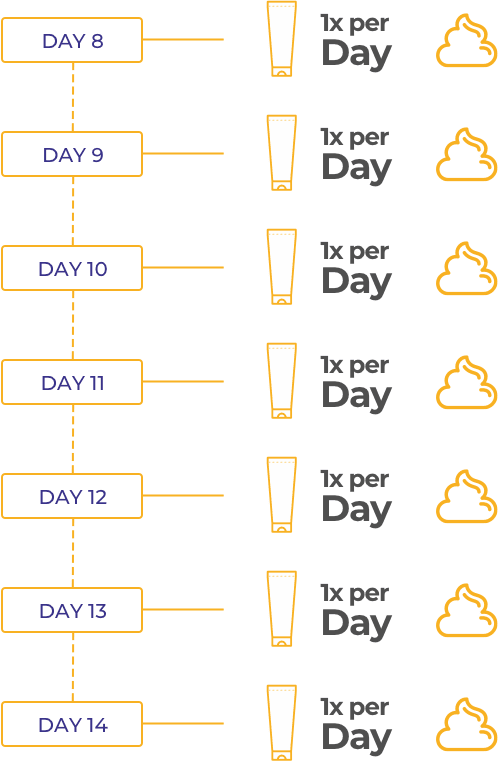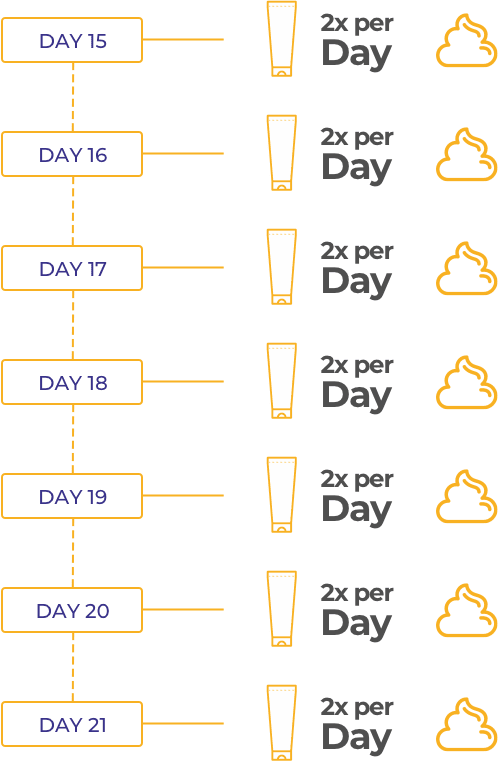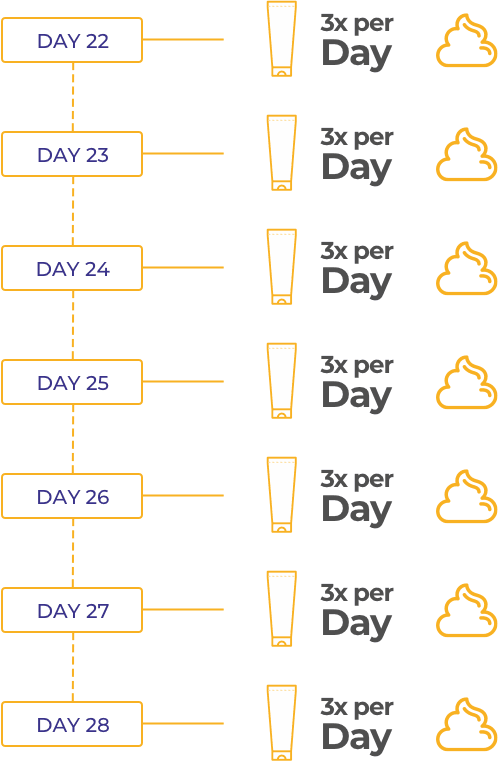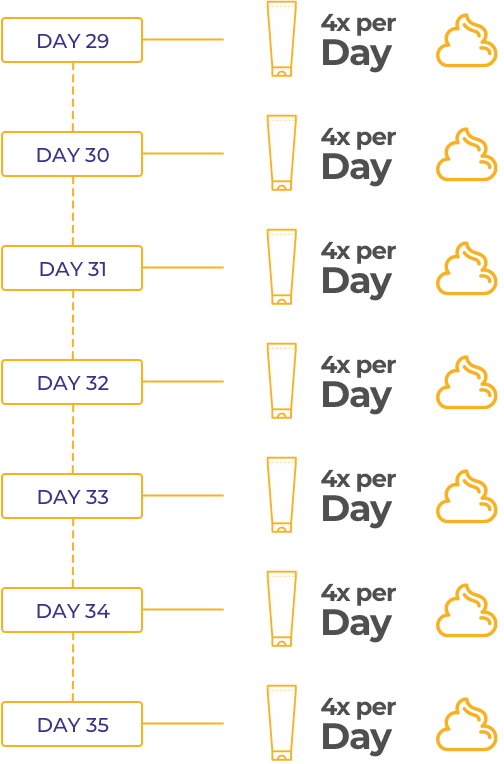
IMPORTANT SAFETY INFORMATION AND INDICATIONS
Important Safety Information
WARNING: BIRTH DEFECTS
TARGRETIN capsules are a member of the retinoid class of drugs that is associated with birth defects in humans. Bexarotene also caused birth defects when administered orally to pregnant rats. TARGRETIN capsules must not be administered to a pregnant woman (8.1)
Contraindications
Both TARGRETIN capsules and TARGRETIN gel are contraindicated in women who are pregnant and in patients with a known hypersensitivity to bexarotene or other retinoids. If a woman becomes pregnant during treatment with TARGRETIN, treatment must be stopped immediately, and the woman provided appropriate counseling about the risks. See additional information below in Contraception, Pregnancy Testing and Nursing.
Contraception, Pregnancy Testing and Nursing
With both TARGRETIN capsules and TARGRETIN gel, to prevent pregnancy, effective contraception must be used for one month prior to the initiation of TARGRETIN therapy, during therapy and for at least one month following discontinuation of therapy; it is recommended that two reliable forms of contraception be used simultaneously unless abstinence is the chosen method. For TARGRETIN capsules, it is strongly recommended that one of the two reliable forms of contraception should be non-hormonal. Male patients with sexual partners who are pregnant, possibly pregnant or who could become pregnant must use condoms during treatment and for at least one month after the last dose of drug.
No more than a one-month supply of TARGRETIN should be given to the patient so that the results of pregnancy testing can be assessed and counseling regarding avoidance of pregnancy and birth defects can be reinforced.
For nursing women, a decision should be made whether to discontinue nursing or discontinue TARGRETIN gel, taking into account the importance of the drug to the mother. Because of the potential for serious adverse reactions in nursing infants from TARGRETIN capsules, discontinue breastfeeding during treatment with TARGRETIN capsules.
Warnings and Precautions
– TARGRETIN capsules and TARGRETIN gel
Vitamin A Supplementation: Patients should be advised to limit Vitamin A intake to avoid potential additive toxicity.
Photosensitivity: Advise patients to minimize exposure to the sun and artificial sunlight during treatment.
Use on mucosal surfaces: Patients should be advised not to apply the gel on or near mucosal surfaces of the body such as eyes, nostrils, mouth, lips, vagina, tip of the penis, rectum, or anus.
Use of insect repellants: Advise patients using Targretin Gel to not concurrently use products that contain DEET.
– TARGRETIN capsules
Hyperlipidemia is present in most patients treated with TARGRETIN capsules. Obtain baseline values, monitor during treatment, and manage elevations during therapy.
Acute pancreatitis, including a fatal case, has been reported in patients treated with TARGRETIN capsules. Interrupt treatment and evaluate if suspected.
Hepatotoxicity, cholestasis, and hepatic failure: TARGRETIN capsules had a dose-related effect on liver chemistry tests in clinical trials, including incidence of cholestasis and liver failure.
Hypothyroidism: TARGRETIN capsules induce hypothyroidism in about half of all patients; obtain baseline thyroid function tests. Monitor and replace thyroid hormone if needed during treatment.
Neutropenia: Leukopenia and neutropenia occurred in clinical trials with TARGRETIN capsules; obtain complete blood counts at baseline and periodically during treatment. Reduce TARGRETIN dose or interrupt as indicated.
Hypoglycemia in Patients with Diabetes: TARGRETIN capsules may cause hypoglycemia in patients using insulin, agents enhancing insulin secretions, or insulin-sensitizers.
Laboratory tests including CBC, fasting lipid profile, liver function tests, and thyroid profile should be obtained prior to and monitored during treatment.
CA125 assay values in ovarian cancer patients may be elevated by treatment with TARGRETIN capsules.
Cataracts: Although a causal relationship has not been established, cataracts have been observed in animal and clinical studies with TARGRETIN capsules. Refer patients who experience visual difficulties for ophthalmologic evaluation.
Adverse Reactions
– TARGRETIN gel
The most common adverse reactions (≥10%) include rash, pruritus, pain, skin disorder (NOS), infection, contact dermatitis, headache, edema, hyperlipidemia.
– TARGRETIN capsules
The most common adverse reactions (>10%) include hyperlipidemia, hypercholesteremia, headache, hypothyroidism, asthenia, leukopenia, rash, nausea, infection, peripheral edema, abdominal pain, and dry skin.
To report SUSPECTED ADVERSE REACTIONS contact customer service at 1-800-321-4576 or FDA at 1-800-FDA-1088 or visit www.fda.gov/medwatch
Please click here for full Prescribing Information, including Boxed Warning for TARGRETIN capsules
Please click here for full Prescribing information for TARGRETIN gel
Indications and Usage
TARGRETIN® (bexarotene) gel is indicated for the topical treatment of cutaneous lesions in patients with cutaneous T-cell lymphoma, CTCL (Stage 1A and 1B) who have refractory or persistent disease after other therapies or who have not tolerated other therapies. TARGRETIN® (bexarotene) capsules is indicated for the treatment of cutaneous manifestations of cutaneous T-cell lymphoma (CTCL) in patients who are refractory to at least one prior systemic therapy.

















